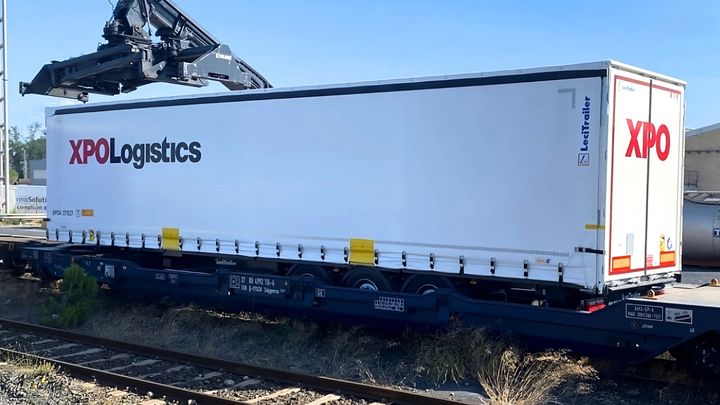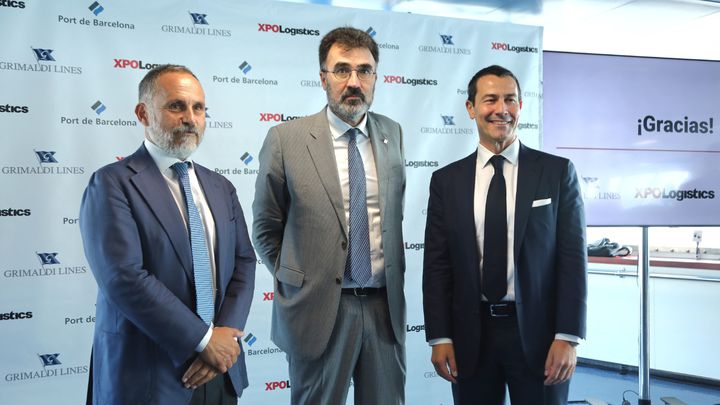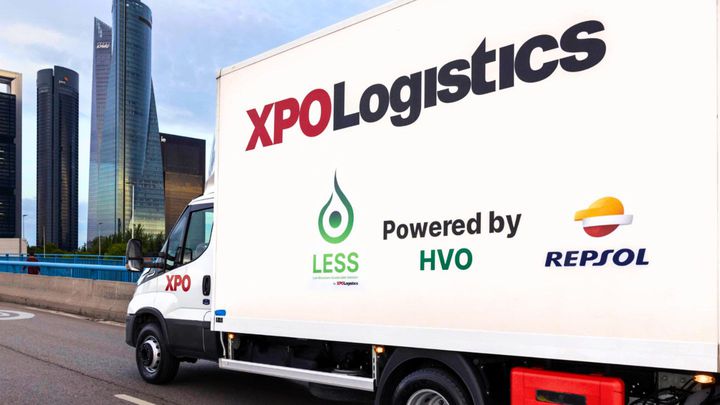Scope 3 Emissions Regulation is Looming – Here are 3 Ways Businesses Can Adapt to Thrive
How the Reporting of Scope 3 Supply Chain Emissions and Logistics CO2 Emissions Will Change the Industry
In 2023, the logistics industry and the broader community are widely aware of, and committed to, the reduction of CO2 emissions in line with the internationally agreed-upon goal of ‘Net Zero’ by 2050. Many governments, such as the UK and the EU, have introduced legally binding regulatory demands for businesses that impact the supply chain and logistics sector.
These regulations are being introduced at varying rates and levels, but all focus on the reduction of emissions across three emissions categories – or ‘scopes’.
- Scope 1 emissions are direct emissions from owned or controlled sources, such as company vehicles or factories.
- Scope 2 emissions arise from the generation of purchased energy, including electricity, steam, heating, and cooling consumed by the company. Scope 1 and 2 are typically considered ‘easier’ to report on, and have long now been the focus of most businesses, including those in the transportation and logistics industry.
But what about scope 3 emissions? These are indirect emissions that occur in a company’s value chain, excluding direct emissions from owned or controlled sources and electricity consumption. As a result, scope 3 emissions are inherently more challenging to report on but they are also large, making up on average 65–95% of most companies’ carbon impact, despite being the least reported on.
While scope 3 reporting is currently recommended but not legislated, this is set to change. In November 2022, the European Council implemented new mandates for corporate sustainability reporting. Beginning in 2025, companies operating within Europe, including those headquartered abroad with European branches, will be mandated to disclose their scope 3 emissions.
So, how can businesses adapt to align with incoming regulatory demand, as well as consumer pressure? We explore 3 key ways in which businesses can adapt, and why.
3 Essential Strategies for Businesses to Adapt to Scope 3 Emissions Reporting
1. Leverage Advanced Technologies
The use of technology such as AI and data analytics can help significantly in optimising logistics operations, and tracking emissions data. These technologies can provide measurable data points and strategic insights, allowing for more informed and effective decision-making. This can help businesses identify areas for improvement and implement more sustainable practices efficiently.
2. Enhance Supplier Engagement and Collaboration
Robust, cooperative supplier relationships are indispensable. Focused collaboration can drive mutual identification and implementation of emission reduction strategies, resulting in overall supply chain sustainability.
XPO’s innovative approach to digital collaboration demonstrates the efficacy of data sharing in strengthening supplier engagement. By encouraging transparent communication, sharing information digitally with our customers, and learning from the data they share with us, we've not only enhanced the customer experience but also laid a strong foundation for applying similar strategies to significantly reduce emissions across supply chains.
Businesses can also incentivise supplier cooperation and action by:
- Embedding decarbonisation into procurement processes, including mandatory carbon reporting and third-party sustainability assessments by providers like EcoVadis
- Building capability through shared learnings, workshops, and peer benchmarking.
- Rewarding progress with financial incentives and preferential payment terms based on carbon reduction targets.
- Enforcing performance through carbon pricing and potential contractual terminations.
3. Prioritise Sustainable Innovation
Companies need to explore new and emerging technologies, materials, and practices that can help in reducing emissions across the value chain.
How XPO Helps Customers Reduce Scope 3 Emissions
XPO is deeply committed to not just reducing our own carbon footprint, but also to being open and transparent with our customers about our progress. Our strategies to support your targets include:
- Enhanced Supplier Management: We carefully select and manage suppliers committed to carbon reduction, impacting your indirect emissions.
- European Sustainability Committee: The formation of a sustainability committee in 2021 to make sustainable and strategic decisions that benefit our customers.
- Data-Driven Optimisation: We provide each salesperson and account manager with access to a 'Customer CO2e Emission Dashboard'. This tool not only reports the CO2 impact of each trip but also recommends CO2 saving opportunities to customers through alternative, more sustainable solutions. This direct feedback loop allows our customers to make informed decisions and actively participate in the reduction of their supply chain emissions.
- Strategic Investment in Fleet and Multimodal Capacity: We invest in alternative energies for our fleet with new electric trucks introduced in France in 2023, tests of hydrogen vehicles and biofuel solutions. We added P400 semi-trailers to our Spanish fleet last year.
- Training: All our drivers are systematically trained in eco-driving techniques for fuel efficiency, and we have deployed a new e-learning system to train our employees about alternative fuels and energy sources.
This is no longer a matter to postpone – logistics companies can and must be at the forefront of green action, supporting our customer’s and our own emissions targets for the sake of the planet, and the benefit of commercial interest.
The Time is Now
The impending regulations on scope 3 emissions are a wake-up call for the logistics industry and beyond, emphasising the urgency to act now.
Businesses not only have a moral obligation to protect the planet but also a commercial incentive to adapt to the evolving landscape. The companies that embrace these changes, innovate, and invest in sustainable solutions will set new industry standards and thrive in this era of responsible business.
Through diligent adherence to emission reduction strategies, meaningful collaboration, and unwavering commitment to sustainability, logistics firms can collectively secure a prosperous future for all.


